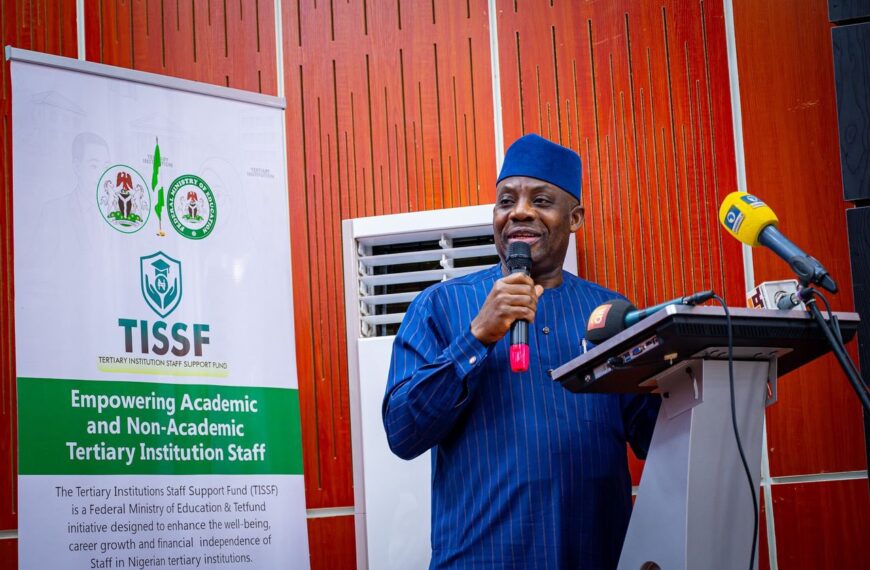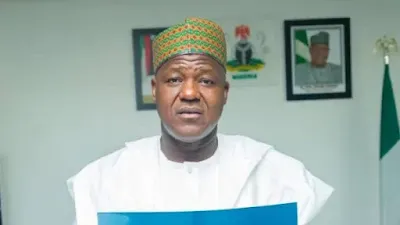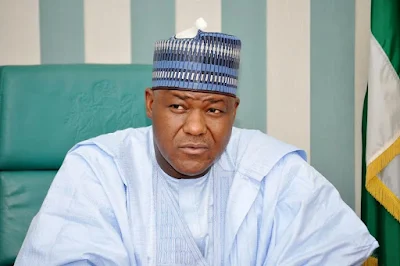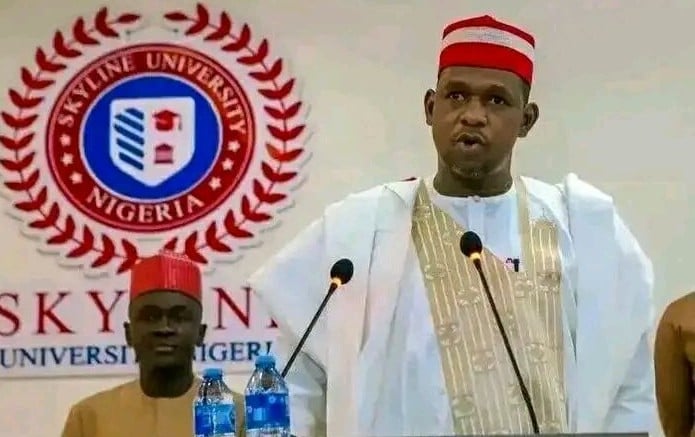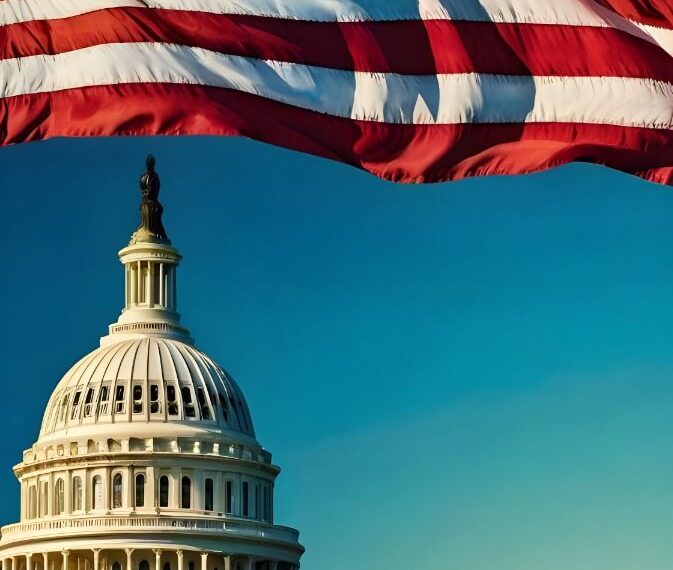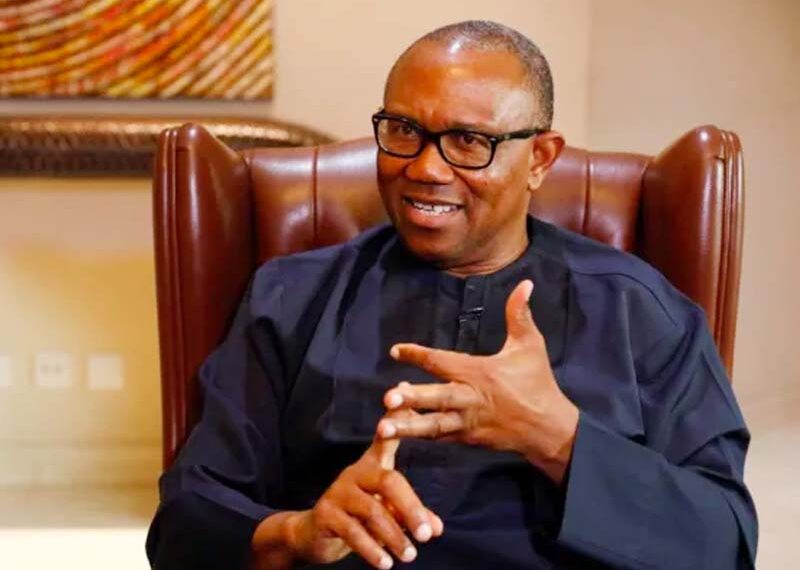The Federal Government of Nigeria has officially reintroduced History as a compulsory subject in the nation’s basic education curriculum. This decision aims to foster national identity, unity, patriotism, and responsible citizenship among young Nigerians.

Minister of Education, Dr. Tunji Alausa, and Minister of State for Education, Prof. Suwaiba Sai’d Ahmad, announced the policy on Wednesday, September 17, 2025. They expressed gratitude to President Bola Ahmed Tinubu for driving the reform under the Renewed Hope Agenda. The ministers emphasized that, for the first time in decades, pupils will study Nigerian History continuously from Primary 1 to Junior Secondary School 3 (JSS3). Additionally, Senior Secondary School students (SSS1–3) will take a new subject titled Civic and Heritage Studies, which integrates elements of History with Civic Education.
Under the revised curriculum, pupils in Primary 1–6 will be introduced to Nigeria’s origins, key historical figures, traditional rulers, cultural heritage, political evolution, economic development, religious diversity, colonial experience, and post-independence governance. Junior Secondary students will cover topics such as early Nigerian civilizations, pre-colonial states, West African empires, European contacts, amalgamation, independence struggles, and democratic governance, blended with civic values to promote national unity.
The Federal Ministry of Education has released the revised curriculum for Primary and Junior Secondary levels and plans to partner with stakeholders to provide resources, retrain teachers, and monitor implementation. The government has urged parents, educators, and communities to support the initiative, which it described as a shared responsibility in raising disciplined and patriotic citizens.
This reintroduction of History into the curriculum is seen as a significant step towards reconnecting students with their roots and instilling pride and responsibility. By embedding civic education in the curriculum, the government aims to equip learners with the values needed to respect diversity, uphold institutions, and contribute positively to society.

